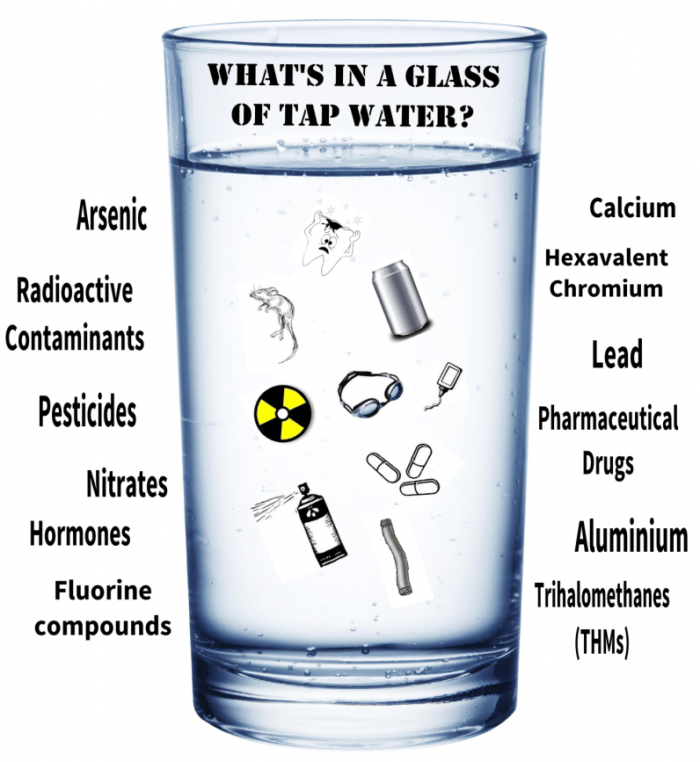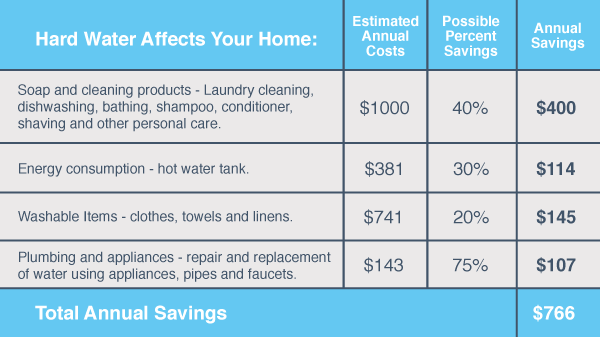
- +1 905-604-8866
- info@waterdoctor.ca
- Mon - Fri: 10:00 - 18:00
- SAT: 10:00 - 18:00
- SUN: 11:00 - 18:00



Water is an essential part of your life and home. Treating water has many benefits to your health, home, and budget.
What’s In My Water?
All tap water within your home, not otherwise filtered or treated, contains millions of impurities; many that you can see, taste and/or smell, but others that you cannot. Particulates such as rust and sediment, or very small air bubbles, might make your water appear cloudy. While this might be visually unappealing, these particulates are harmless. However, harmful impurities like bacteria or cysts (i.e.; giardia, cryptosporidium) might contaminate your water and cause flu-like illnesses if your water goes untreated.
Thankfully, all the above impurities can be treated with the correct water filtration system to deliver better-tasting, clean, safe water to your family.

How does a filter work?
Although the EPA doesn’t publish any restrictions on the amount of sodium in drinking water, several states do. Massachusetts, for one, has established a concentration limit of 20 parts per million (PPM) in public drinking water supplies, a figure in keeping with recommendations from the American Heart Association and several experts on cardiovascular health. The medical community, in general, suggests that people with certain underlying health conditions — including hypertension, kidney ailments, or pregnancy — have good reason to restrict their intake of dietary sodium, and that most Americans consume more sodium in meals, snacks, and beverages than is healthful. Given these concerns, many people now watch their sodium intake from all sources, including water.
Before making a decision about your drinking supply, however, you need to further analyze your particular setting. You must find out the mineral composition of the well water before it’s treated, so you can determine the nature of your problem and estimate (perhaps with the help of a local chemist) what the sodium concentration would be after softening. Then — if the softened water does contain, say, more than 20 PPM of sodium — you need to determine whether you can bypass the softener without causing a taste and/or odor problem